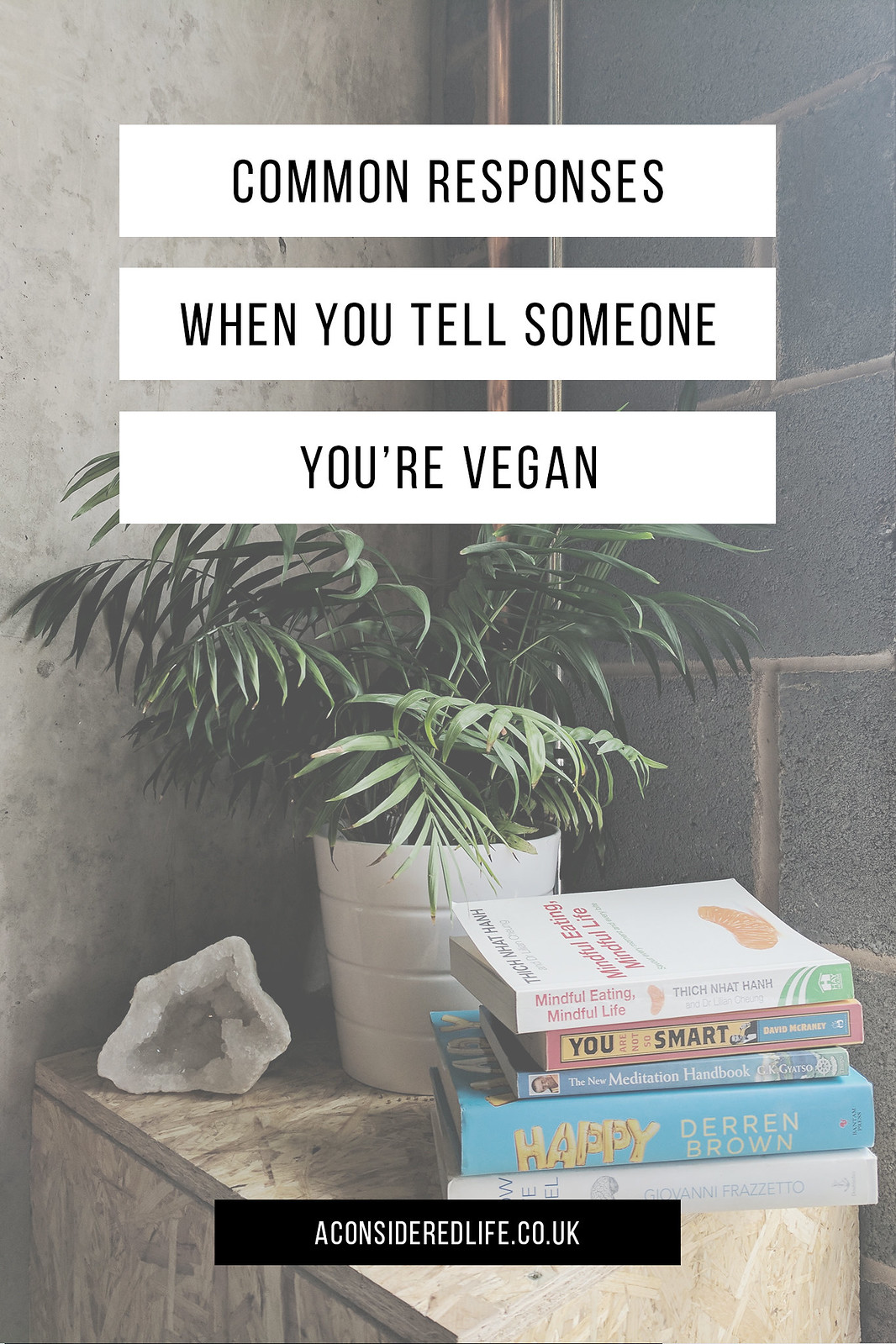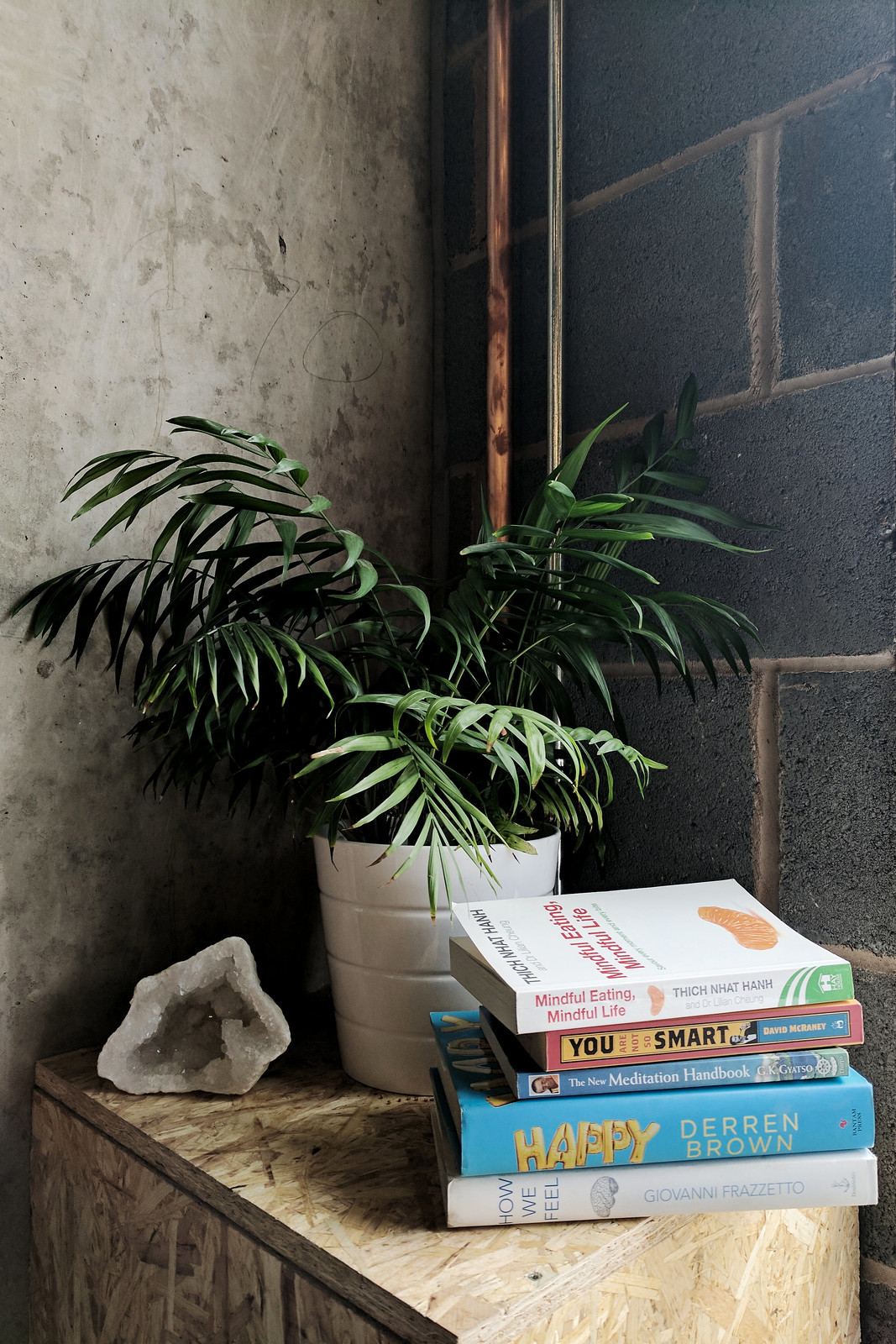
If you've taken part in Veganuary or recently gone vegan, chances are some of your family, friends, colleagues, and acquaintances might have a thing or two to say about your lifestyle changes. They might not understand your decision and your choice to go vegan may make them uncomfortable about their own decision not to. You don’t owe anyone an explanation for your decision to go vegan.
Since the majority of people who eat animals do so because of taste, convenience, habit, and tradition, it’s very difficult to come up with a good argument that justifies the habit in a moral sense. There are a lot of misconceptions surrounding the use and eating of animals by humans and often misinformation is cited as justification for doing so. Here are some of the most common reasons people give for eating meat and their arguments against veganism, and the responses you can give to them.
"I'm a farmer/I come from a family of farmers/I'm a nutritionist/I'm a food scientist/I've studied biology/I'm a professor in..."
These responses are intended to imply authority and superiority over the person they are having a discussion with. It's an attempt to discredit what the other person is saying by signifying "I know more about this than you because I'm an expert so whatever I say is right and whatever you say is wrong." The reality is, being a university graduate or "expert in your field" does not make your opinions more credible than the facts. The research and reports into animal welfare, health and nutrition, and the effects of animal agriculture on our environment are of public interest and therefore available for all to access.
“It’s natural/normal - our ancestors did it!”
A lot of “natural behaviour” our ancestors participated in would be considered morally wrong and unacceptable in our current society today. Our ancestors raped, murdered, and died of illnesses and broken bones we can now treat. If it's "natural" to do what our ancestors did then why do we only do some of those things and not all of them? Either way, our human ancestors were nearly all vegetarians.
What does “natural” or "normal" mean? Is it what the majority of people do or what our ancestors used to do? If "normal/natural" is defined as what the majority of the population do, then there are more people living primarily on a plant-based diet than a meat-based one. "Normal foods" can also be defined as foods that are eaten the most. Only 13.5% of food eaten globally is composed of meat, fish, daily, or eggs; every single staple food in the Chinese-Japanese, Australian, Hindustani, Central Asian, Near Eastern, Mediterranean, European-Siberian, South American, North American, Central American, and Mexican regions are plant-based.
If you consider eating meat to be normal because your country allows it, disregarding the fact that the majority of the world's population eats a mostly plant-based diet, that still doesn't make it ethical or morally justifiable. Just because a behaviour or opinion is widely practiced does not justify the act regardless of how harmful it is. Consider discrimination based on race, gender, or sexuality, forced marriage, capital punishment, female genital mutilation, and child labour; if these became common practice in your country, would that make it ethical?
“Inuits eat animals and wear fur.”
Yes, they do. They live primarily on animals that they hunt and trap for food and clothing and so do a lot of indigenous people around the world. They have to do so to survive extreme temperatures and harsh environments, something which people living with modern amenities like hot running water, heating, access to clothing shops, and supermarkets do not need to do.
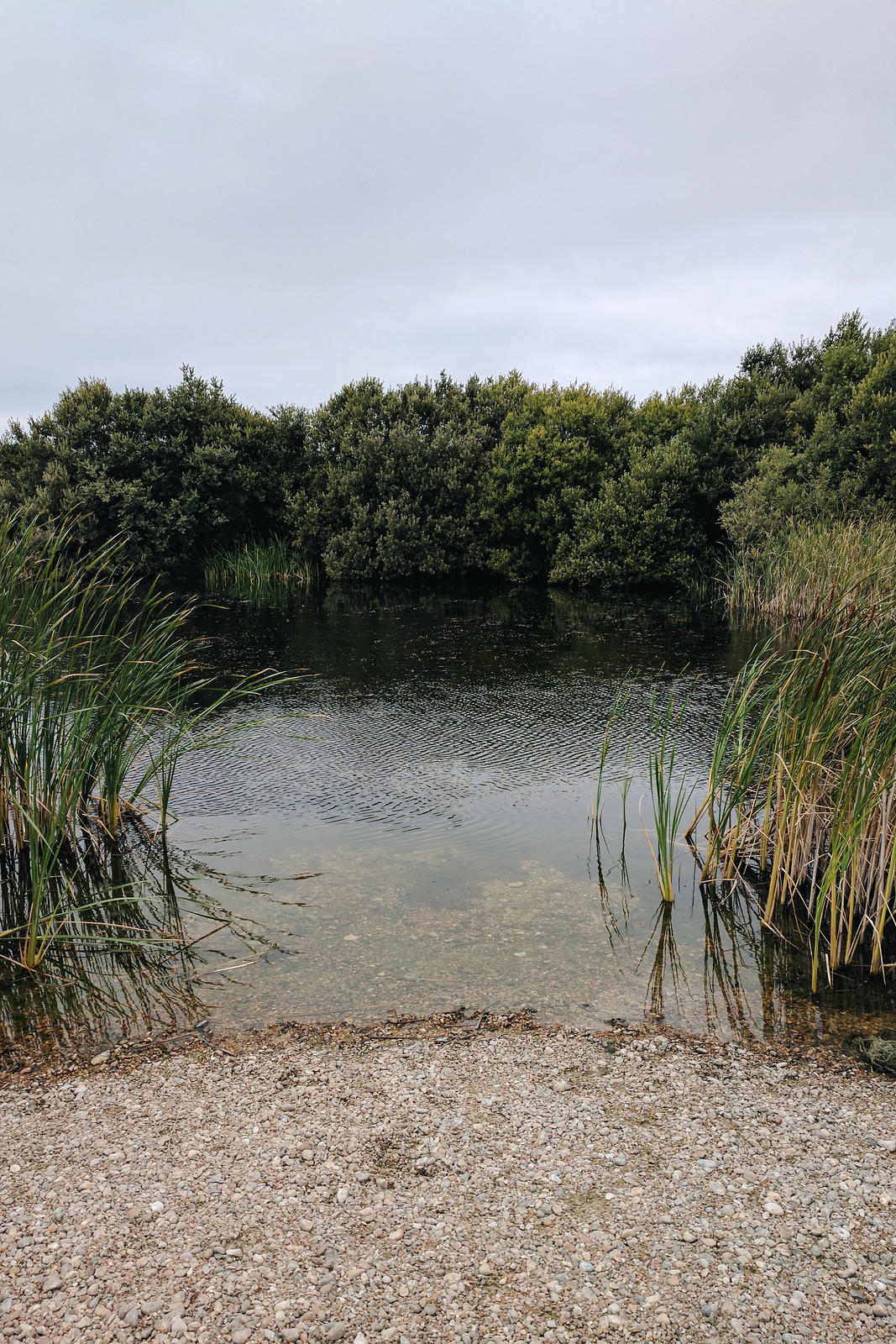
“We're at the top of the food chain.”
We're actually in the middle at a similar level to pigs and anchovies. At the top of the food chain are top-level predators that only consume meat and don't have any predators themselves, like polar bears and orca whales. We are closer to herbivore than carnivore.
“Humans are natural carnivores; we're designed to eat meat.”
We're not "designed" to eat one thing or another; our bodies are capable of eating lots of things including animals, plants, and processed foods, but we can also make a choice not to eat those things. We share a lot of traits with herbivores as well as omnivores with one major difference: we have moral agency. The World Health Organisation suggests eating animals is harmful to our health. We can thrive on a vegan diet at any stage of our life and we have the choice to eat something that doesn’t cause harm, suffering, or death and we’re able to make that decision with no consequences to our health.
“Animals eat each other - and they’d eat you too!”
Some, not all, animals eat each other, they might even attack and kill us too. They do so because they need to survive. Animals do not have moral agency, which is the ability to make moral judgements based on the notion of “right and wrong”. As humans, we have the ability to make moral choices; we have the choice not to kill and eat something. Other humans could potentially harm or kill us but that possibility doesn't allow us to kill before we've been attacked. Regardless of whether someone - human or animal - might do something to us does not give us reason or justification to do that to them especially not when we have a choice either way.
“It’s a necessary part of a healthy balanced diet.”
It is simply not true that eating meat, dairy, eggs, or any other animal product is necessary to maintain one’s health especially not in affluent Western countries. A well-planned vegan diet is "appropriate for individuals during all stages of the life cycle, including pregnancy, lactation, infancy, childhood, and adolescence”. A poor diet is a poor diet regardless of whether you eat meat or exclusively plants and research has shown, when one limits or restricts one’s diet it can often lead to better health overall.
“All the vegans I know are thin and sickly/I tried to go vegan and I just felt ill.”
A poor diet is a poor diet, period. There are plenty of non-vegans who are thin (or fat) and sickly with a diet that is causing them health problems, but people don't tend to point out those as much as the sickly vegans. There are many vegans who are healthier than meat-eaters so it's not likely to be a problem with the plant-based diet but how it's put into practice.
If you're a vegan who eats a diet heavy in processed foods packed with fat and sugar, then you'll suffer health issues just like your non-vegan friends. Similarly, switching from a diet high in meat, refined sugars, and saturated fats to one rich in whole grains, vegetables, and fruits can be a shock to your system. If you simply cut out certain foods without learning how to eat a varied diet without them then you might feel ill, lose weight, and suffer health issues.
A poor diet is due to lack of information and education. A plant-based diet is adequate for everyone, young or old, and you're no different. The problem isn't with the vegan diet, the problem is with your diet. All it takes is a little time invested in learning recipes and making sure you eat enough varied foods packed with micro- and macro-nutrients. Cronometer is a useful free website that can help track your nutrition as you transition to veganism.
“One person going vegan won’t make a difference.”
Did Hellen Keller, Rosa Parks, and Martin Luther King make a difference? Did The Women’s Rights Movement, Gay Pride, Black Lives Matter, or Occupy Wall Street make a difference? It all started with one person making a choice to stand up and be counted for what they believe in. What each of us chooses to do can influence others.
Do you only do things that make a difference? Or do you do what you think is the right thing to do? No one wants to look back on their life and realise they didn’t choose to make the decisions that reflected their highest values and moral judgments because they assumed “it wouldn’t make a difference”. It all comes down to pursuing what we believe to be the right and just thing to do; it's about standing by our morals and values.
Don't believe veganism is changing the world? Watch this.
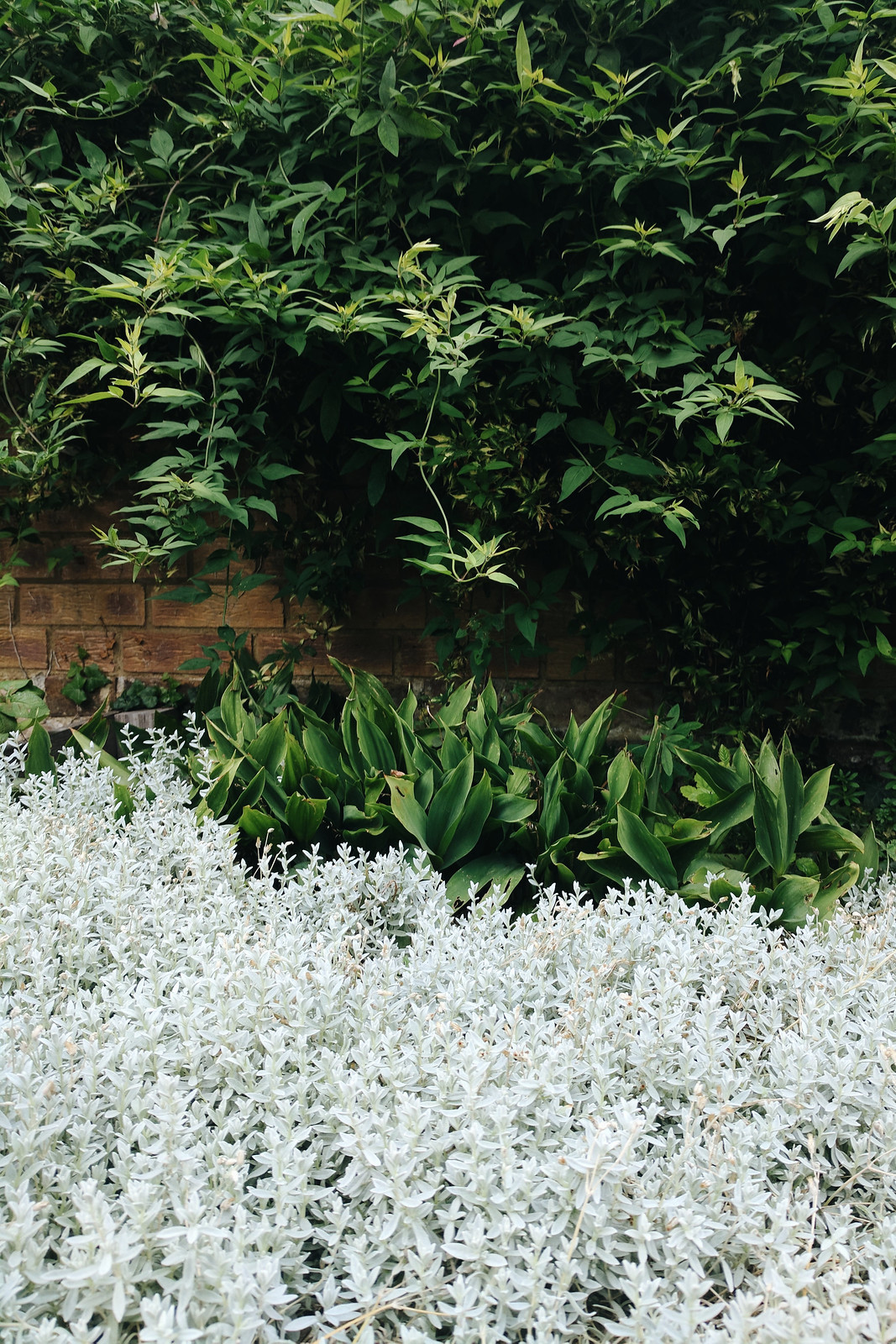
“I only buy organic free-range meat, dairy, and eggs.”
Organic doesn't mean anything for animal welfare. Organic means the farming methods avoid the use man-made fertilisers, pesticides, growth regulators and livestock feed additives; and the use of genetically modified organisms (GMs) or products produced from or by GMOs.
While buying only free-range meat, dairy, and eggs might help reduce suffering by raising standards of living (if only slightly), these animals are still abused. The definition of “free-range” varies depending on the country, the relevant laws, and the animal, and its use is not regulated in many areas. Free-range is not “endless sunshine and green pastures” that the term intends to conjure in the mind. These animals, no matter where they “grew up” still end up in the same place: a slaughterhouse where they are all treated the same.
Even on “the best” free-range organic farms, male chicks are ground up alive, cows are shot for no longer producing milk, chickens are kept in overfilled sheds, male calves are seen as waste products and killed, mothers and fathers have their offspring taken away from them at birth, and all the animals are sent to slaughter way before their lives are nearing a natural end. The process from birth to death is traumatic, abusive, and cruel. Eating any kind of meat, dairy, or eggs contributes to animal suffering and results in the death of an animal that didn't want to die, no matter how "nice" their life was before they were killed.
“Cows have to be milked/Chickens have to lay eggs/Sheep need to be sheared.”
Just like humans produce milk to feed their babies, cows produce milk to nourish their calves. In dairy farming, calves are taken away from their mothers often at one day old so humans can have that milk instead. To keep a steady supply of milk, cows are routinely and artificially impregnated three months after giving birth. Several times a day they are milked with machines that cause painful lesions and mastitis. Often male calves are immediately shot because they're considered "useless" or reared for veal. Most cows spend their entire lives on concrete floors or in mud lots causing a myriad of health problems including disease, lameness, other injuries and reproductive problems. Cows can have a natural lifestyle of 20 years but due to the intense farming conditions, they are often sent to slaughter after 4 or 5 years.
Hens only lay eggs until they have a full nest at which point they stop laying eggs and start nesting. The egg industry disrupts this cycle by constantly removing the eggs causing chickens to lay more. Most hens live in low light conditions with limited (if any) access to outdoors. Conditions on poultry farms are often unsanitary allowing diseases such as salmonella, E. coli, and campylobacter. Rough handling, crowded conditions, and inhumane practices are all cruel aspects of poultry farms. Laying hens are routinely break-trimmed to reduce pecking and cannibalism in crowded conditions. Antibiotics are regularly administered to help tackle illness and enable chickens to survive in unsuitable living conditions, which caused the emergence of antibiotic resistance. Whether considered a free range, organic, or battery farm, chicks considered unprofitable are routinely culled using various methods including cervical dislocation (applying pressure to the neck and dislocating the spinal column from the skull); asphyxiation by carbon dioxide (suffocation in garbage bags); and masceration using a high speed grinder (being ground up alive).
Wild sheep do not need to be sheared, domesticated ones do; they have been bred to produce more wool than they ever would in the wild. The process of rearing sheep for wool often involves barbaric practices such as mulesing and selective breeding which has led to fly strike. When a sheep no longer produces wool it ceases to be profitable and is sent to slaughter.
“Plants feel pain!”
Plants lack a nervous system and a brain. But if you really insist on believing plants feel pain, you should still go vegan. Producing 1 kg of animal protein requires about 100 times more water than producing 1 kg of grain protein; 1 kg of fresh beef may require about 13 kg of grain and 30 kg of hay, and about 100'000 L of water are needed to produce 1 kg of beef. By going vegan you cause less suffering to both plants and animals.
“Animals are bred to be eaten; they wouldn't be alive if it wasn't for us.”
The fact that we breed animals to eat them does not fundamentally change anything about the animal itself or its right to live. This argument, that animals wouldn't be alive if it wasn't for us breeding them, relies on the assumption that one group of individuals can, based on their own preferences, decide what the purpose of another group is going to be; and that just because we have imposed a purpose on a sentient being that alone makes it justifiable to do so.
Animals are not objects to be used, they have no innate purpose. Animal are autonomous sentient beings with emotions, needs, and preferences, and a will separate from our own. The argument that it is ethical to do what we want with another sentient being just because we have decided what it's purpose is against their own interests is illogical and immoral. It relies on an assumption which is justified by blatant and arbitrary speciesism; "I can do this therefore I am justified doing it." This strips away the right to self-determination and freedom, something humans have tried to do to other humans throughout history.
“Farmers would lose their jobs if we stopped eating meat.”
People aren’t going to stop eating they’re just going to stop eating animals. Farmers can adopt more sustainable methods of farming and grow crops. But even if they did become unemployed, is that a reason to keep the current intensive factory farming methods? Is it ethical to continue with unethical practices because people might lose their josb? If we could get rid of all crime and illness police and doctors would lose their jobs, does that mean we shouldn’t strive to do it? The loss of jobs shouldn’t everbe a reason to continue cruel and abusive practises.
“Soy farming is destroying the rainforest.”
The soy farming that is destroying the rainforest is the farming of crops that are grown for livestock feed not for people to eat. The growing demand for meat contributes to deforestation and the loss of valuable ecosystems. If you're concerned about soy farming destroying the rainforest then you should go vegan.
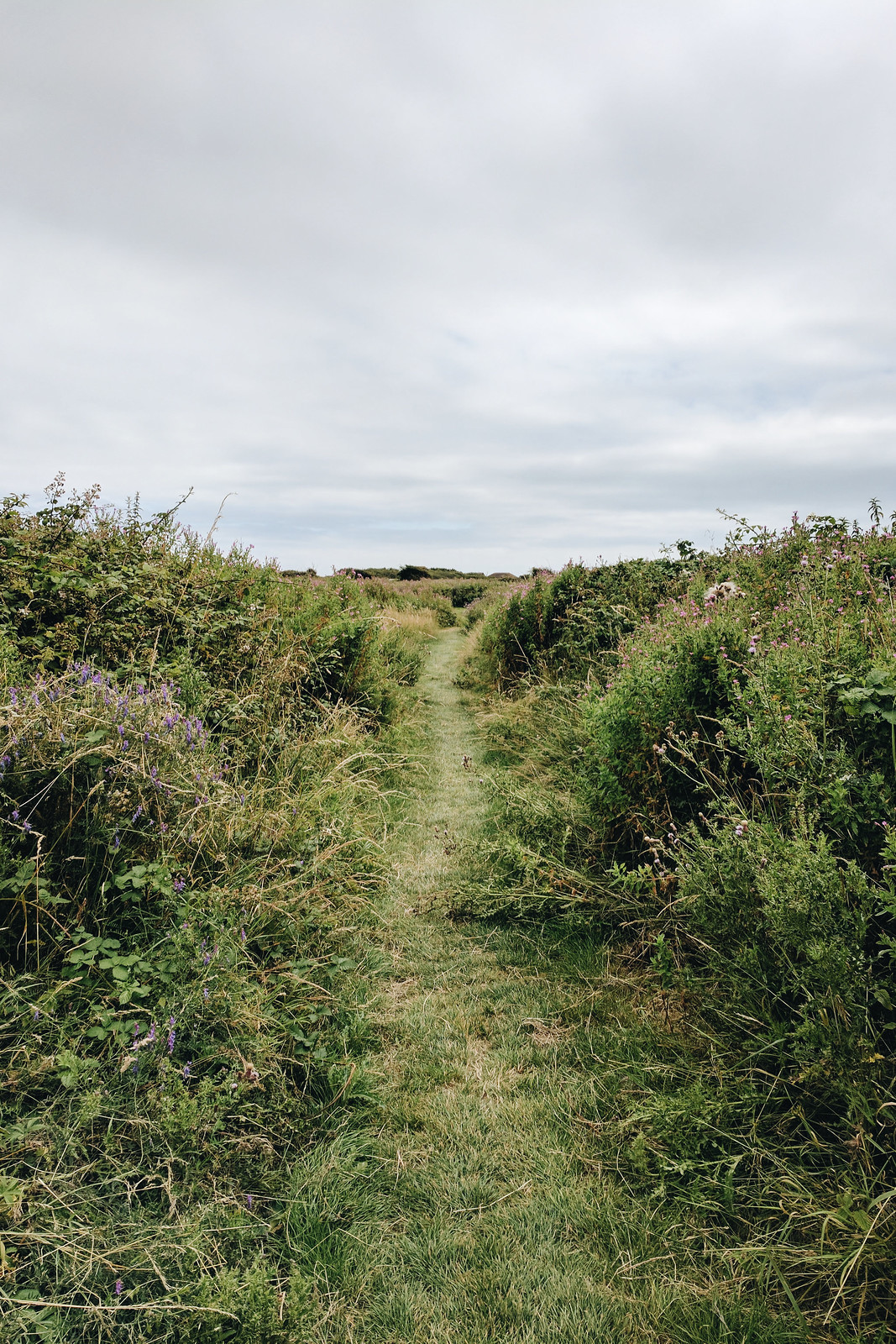
“If it was unethical it would be illegal.”
We all know from a historical point of view that a lot of things that are now illegal and immoral used to be legal. Slavery, child labour and abuse, segregation, domestic violence and rape, sterilisation of the mentally ill, lobotomies, drinking and driving, smoking in public places - the list goes on. There are a lot of reasons why something unethical would be legal and it's usually because someone is benefiting from its exploitation.
“It tastes good.”
That’s subjective, of course, but is it ever justifiable to do something just because “it feels/tastes good”? Something feeling or tasting good tells us nothing about whether it’s okay to do it. If grilling and eating meat is a valid argument for eating non-humans, that argument should also work for eating humans too but most of us would say grilling human babies would be objectionable.
“I don't want to think about it!”
If you feel uncomfortable talking about eating meat and seeing what happens to these animals you should ask yourself why. Why does it make you uncomfortable? Why do you not want to think about it? If you truly believe it's perfectly fine to kill and eat animals, why is it so difficult to talk about or watch?
“It's my personal choice/You shouldn’t try to impose your beliefs on other people.”
Since the majority of humans can thrive without consuming any animal products and most do so purely for taste, convenience, habit, and tradition, it makes eating animals a moral decision. Considering animal agriculture is responsible for the death of 56 billion animals a year and is one of the leading causes of climate change, that moral decision and "personal choice" is very much open to criticism.
The problem with the argument that vegans shouldn't impose their beliefs on others is that it assumes the only person affected by their dietary choices is themselves. Personal choice ceases to be a simple matter of personal preference when those choices have victims. When you choose to eat meat, dairy, or eggs, you’re choosing to impose cruelty and suffering on another living being, causing damage to the planet and harming human health. Your personal choice has victims.
Farming pollutes the water, air, and devastates the surrounding communities, driving down land values. Those who work in the industry and much more likely to have problems with mental health issues (like PTSD) and suffer alcohol abuse from working under stressful conditions. The high pressure, dangerous conditions results in injuries, which The Human Rights Watch have reported the industry systematically fails to recognise or report claims, often delaying and denying claims, and threatening to take reprisals against workers who file claims for workplace injuries. Often the people working in slaughterhouses have little choice not to.
If this argument were used in any other situation where a human was committing a harmful act, the excuse of having "personal choice" to do so would be dismissed and rightly so. Very few would argue that it is a personal choice to abuse, torture, or kill a pet, bully a child, cause harm to property, or attempt to kill somebody; and that stepping in would go against that person's personal choice.
The dismissal of eating animals and its justification for doing so being "personal choice" not only shows a lack of understanding about how personal responsibility works but is a great display of arrogance and superiority. Not only does this argument imply that animals do not even need to be considered when making ethical decisions but neither do fellow humans or our shared planet.
